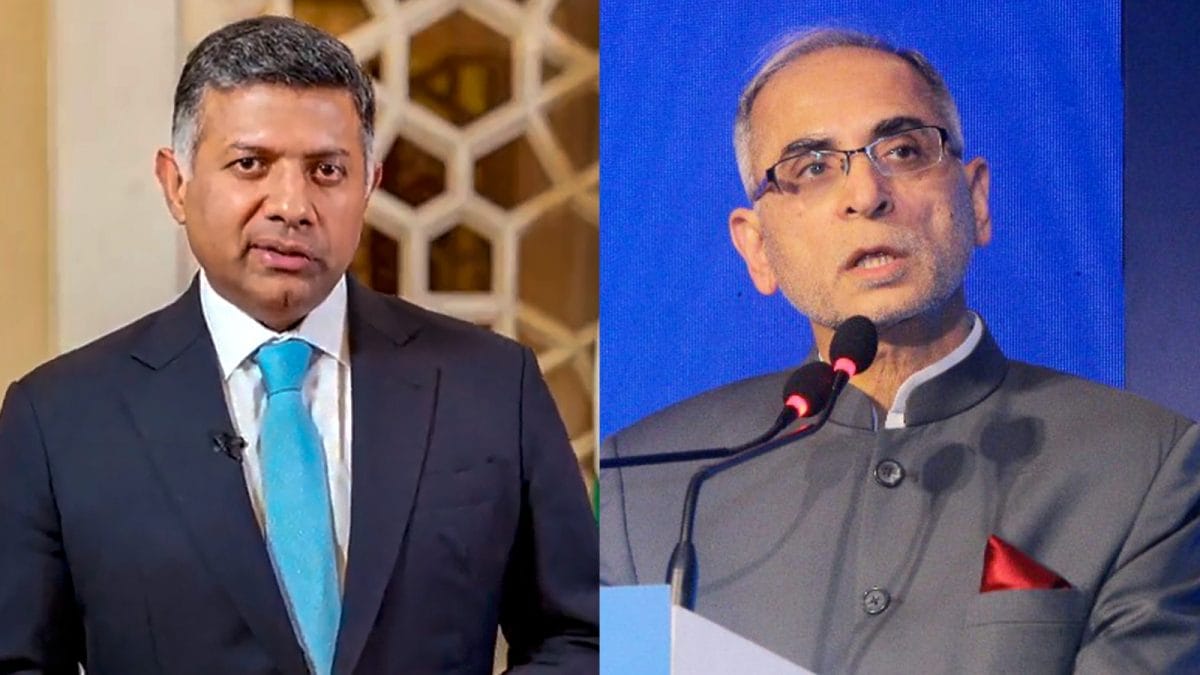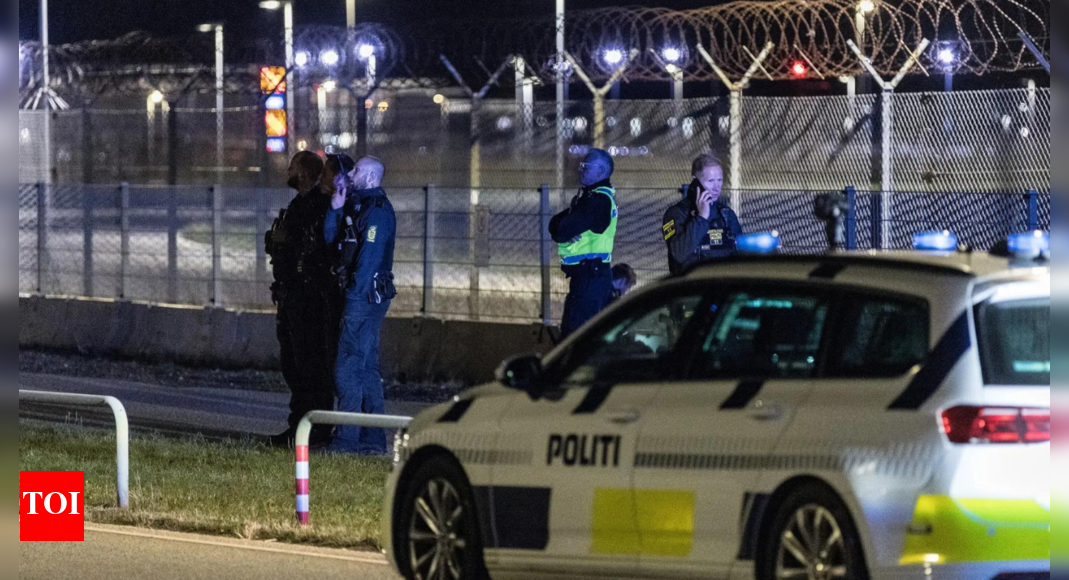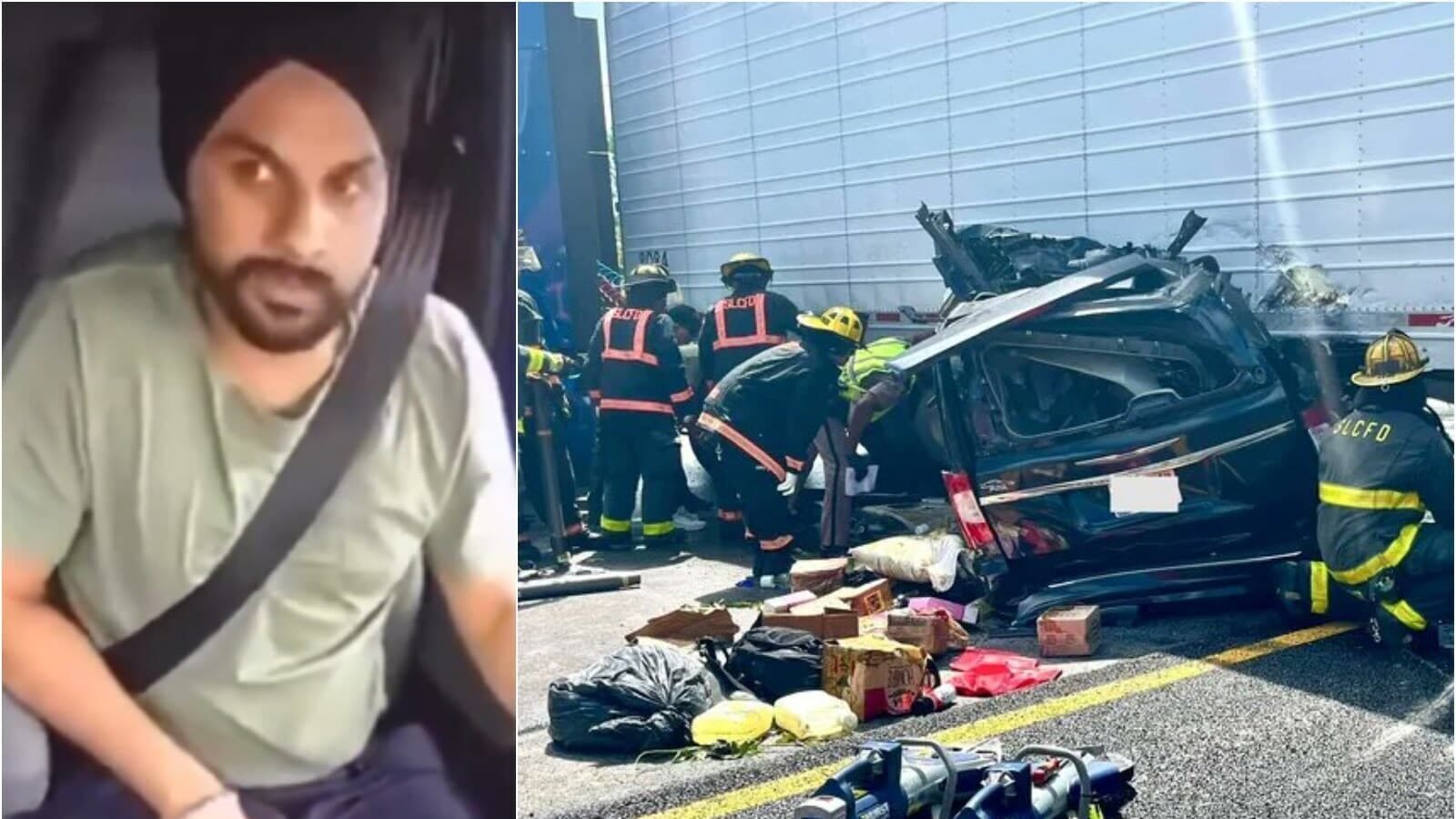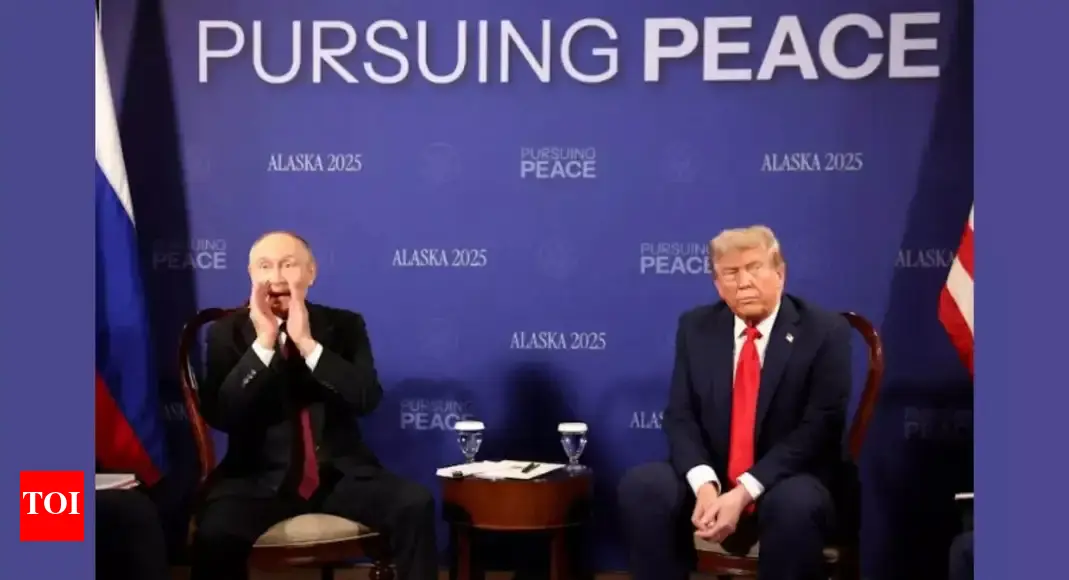Last Updated:
Over 200 Indian missions across the world have been active since India and Pakistan locked horns, with envoys in major countries giving on-record interviews for maximum impact

Vikram Doraiswami, the Indian High Commissioner to the UK (left) and Indian ambassador to the US Vinay Kwatra (right), have been pushing India’s narrative abroad. (News18)
Diplomacy—the quiet force behind treaties and the glue that holds global order together—often works behind the scenes to keep the world from unravelling. While military wars command headlines with their optics and immediate impact, diplomatic wars are equally critical, waged in conference rooms, through strategic negotiations, and behind closed doors where the balance of power is subtly shaped.
It is this diplomatic acumen that India has showcased as it engages once again with its old rival, Pakistan, in the aftermath of the April 22 Pahalgam terror attack in which 26 people—mostly tourists—were shot dead by cross-border terrorists as they vacationed in the serene Baisaran Valley.
Just as generals lead armies on the battlefield, India’s diplomats have been manoeuvring through complex political landscapes since the country launched Operation Sindoor, striking terror hubs in Pakistan and PoK to avenge Pahalgam. A stunned Pakistan retaliated by launching unprovoked attacks on India’s border cities, though the attempts were thwarted by India’s robust air defence systems and alert forces.
In an effort to win global support as well as expose Pakistan’s duplicity on the war against terror, Indian envoys across the world have been reaching out to local governments as well as media outlets.
Over 200 Indian missions across the world have been super active since India and Pakistan locked horns, with envoys in major countries giving on-record interviews, especially in UK and United States, to ensure maximum impact.
Other diplomats in missions are also meeting their counterparts at mission and government levels for individual briefings. The aim is to counter any false narrative in newspapers and TV media immediately so that the upper hand that India has vis-à-vis Pakistan is maintained.
This was witnessed recently when Vikram Doraiswami, the Indian High Commissioner to the UK, called out the Pakistan Army for giving state funerals to proscribed terrorists, adding that India will respond “proportionally and in exactly the same light” if the neighbour escalates hostilities.
Speaking to Sky News’ Yalda Hakim, Doraiswami help up a photograph of US-sanctioned terrorist Hafiz Abdul Rauf leading the funeral prayers for terrorists killed in India’s ‘Operation Sindoor’ as uniformed Pakistan Army men joined in. “If you are going to give terrorists state funerals, what does that make of your system? Everybody knows that for the last 30 years, Pakistan has used this as a means of sub-critical warfare against India. If the international community really wants to be able to look at it and worry about it, the simple solution is to tell Pakistan it has an opportunity for an off-ramp,” he said.
The Indian envoy said it was Pakistan-sponsored terror groups that originally escalated tensions by killing innocents in Pahalgam on April 22 while India’s strikes in Pakistan were “precise, targeted, reasonable and moderate”. “We made it abundantly clear that the object of this exercise was clearly to avoid military escalation,” he said. “A fact that was actually acknowledged – in a left-handed way of course – by the Pakistani side in terms of their own statements, which said the airspace hadn’t been violated.”
Doraiswami’s views were echoed by Indian ambassador to the US Vinay Kwatra who, in an interview with CNN, said India is at war with terrorism and terrorists backed by Pakistan. “We took out terror factories at nine locations in Pakistan and Pakistan-occupied Kashmir (PoK). We were very cautious and careful to target only those who were responsible for the killings. The original escalation was on April 22, when they killed 26 innocent civilians, including a Nepali national,” Kwatra said.
He added: “The strikes were intended to hold the terrorists accountable and deliver justice to the victims. Pakistan’s subsequent military action is them saying that they stand with the terrorists.”
The timing of the envoys’ actions is also crucial, as it comes ahead of a critical International Monetary Fund (IMF) meeting to decide on further funding to Pakistan. The Narendra Modi government is preparing to present a fresh dossier of “actionable” evidence to the Financial Action Task Force (FATF) ahead of the upcoming IMF board meeting, pushing for Pakistan’s re-entry into the ‘grey’ list, which could severely restrict Islamabad’s access to international aid and other forms of financial packages, including the one scheduled from IMF.
- First Published:




